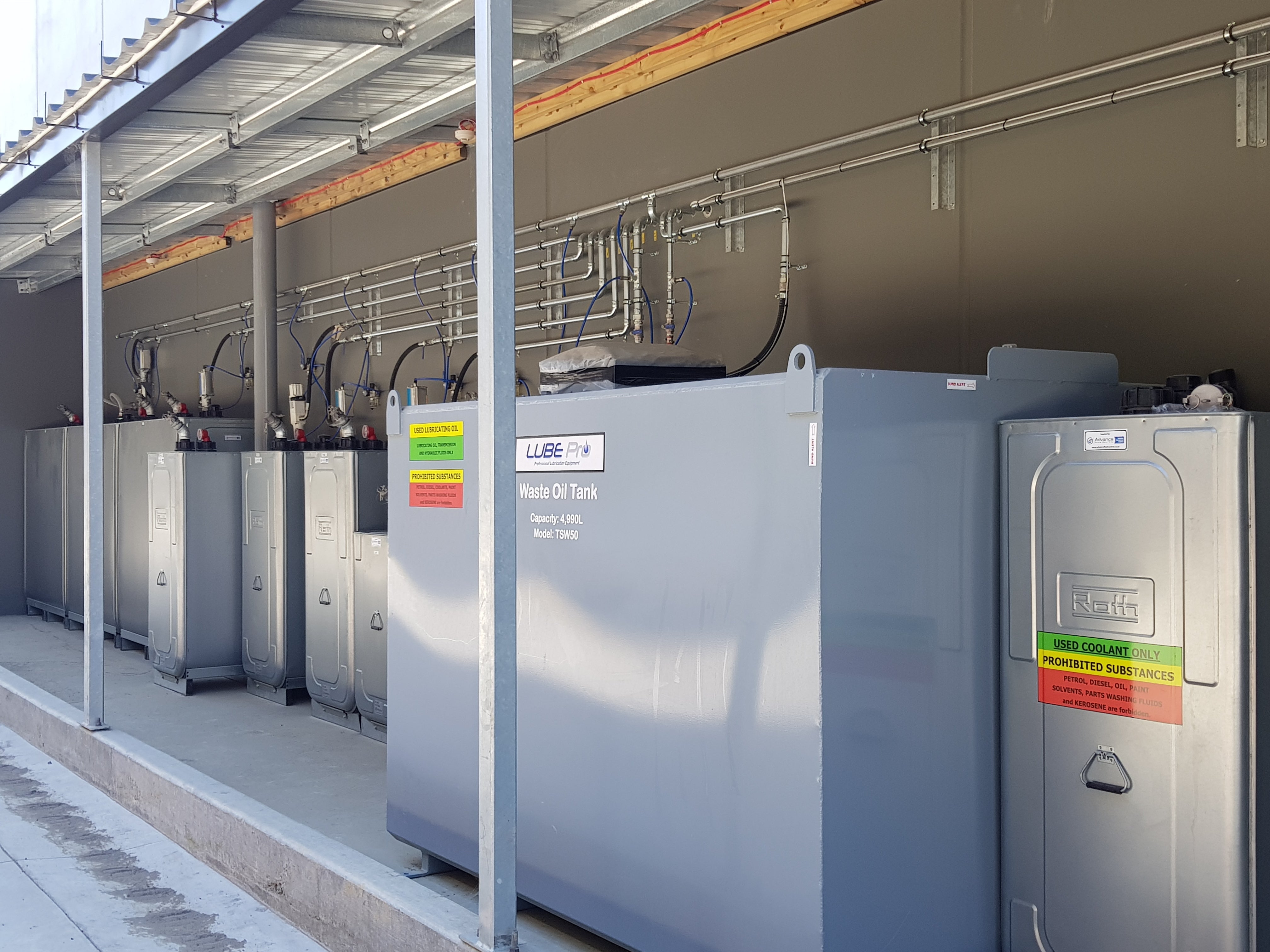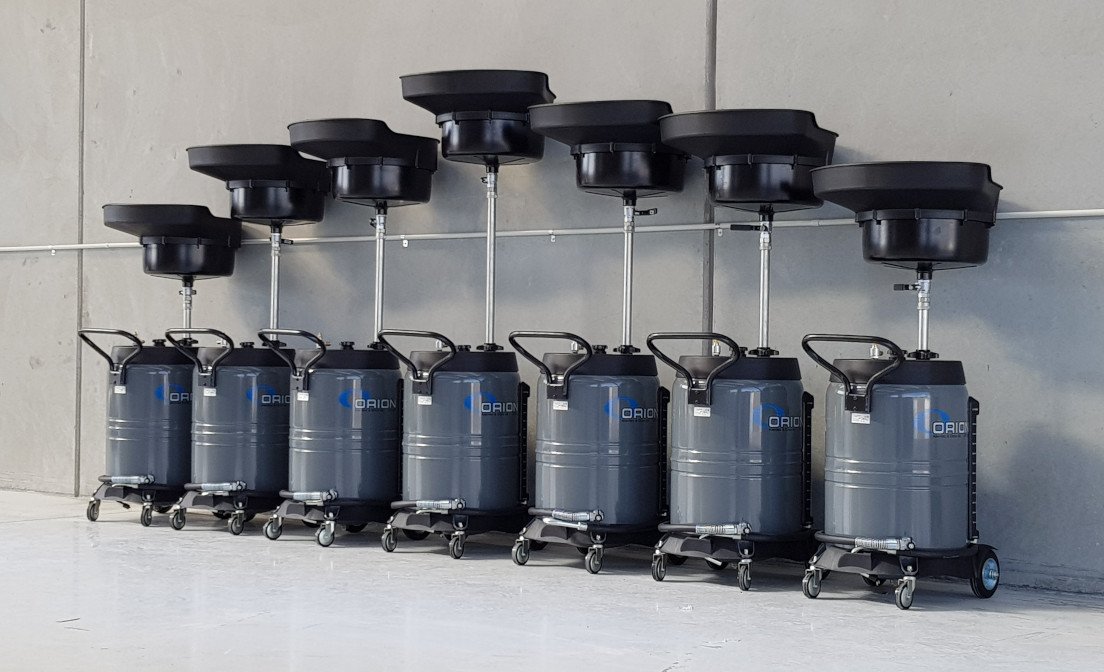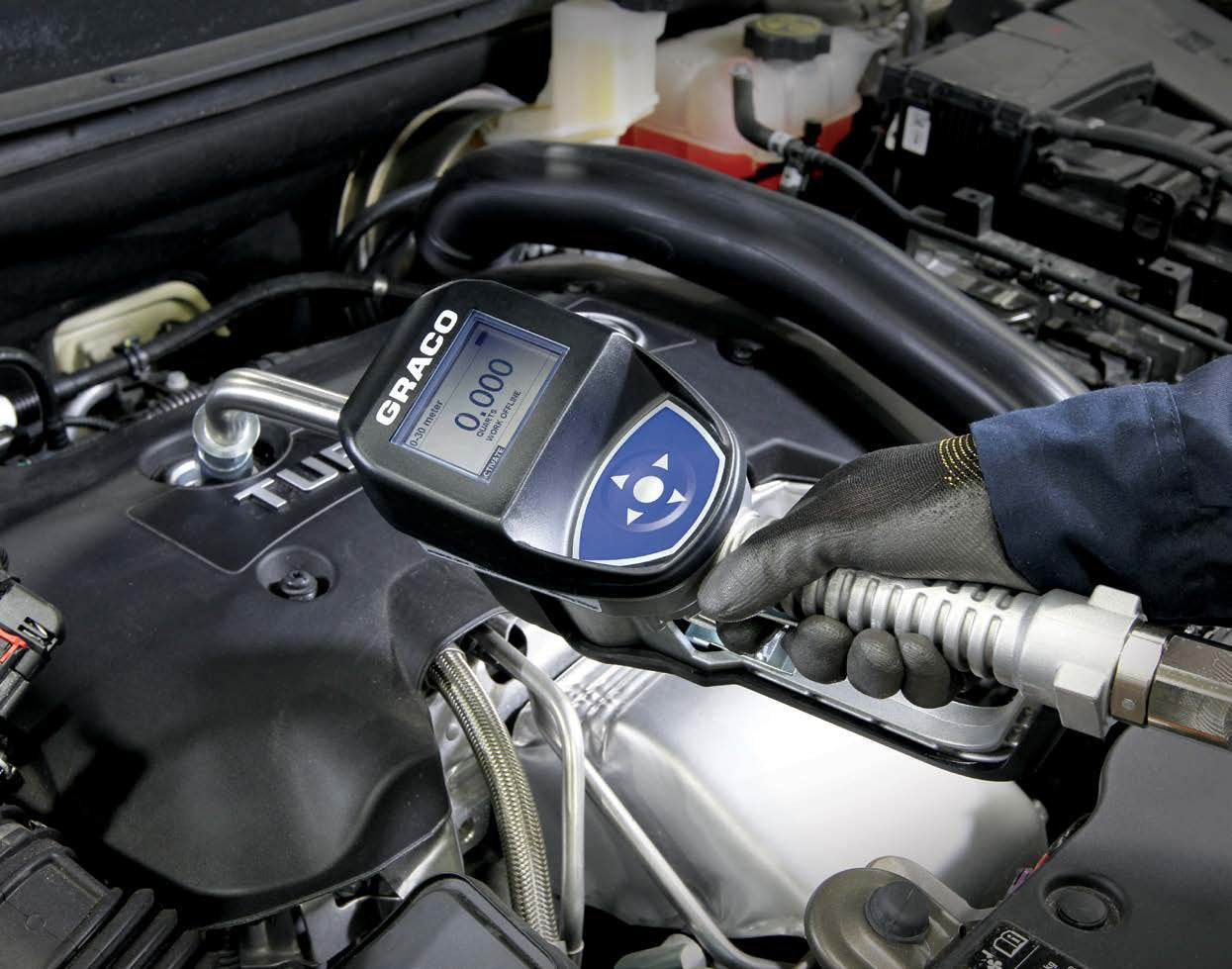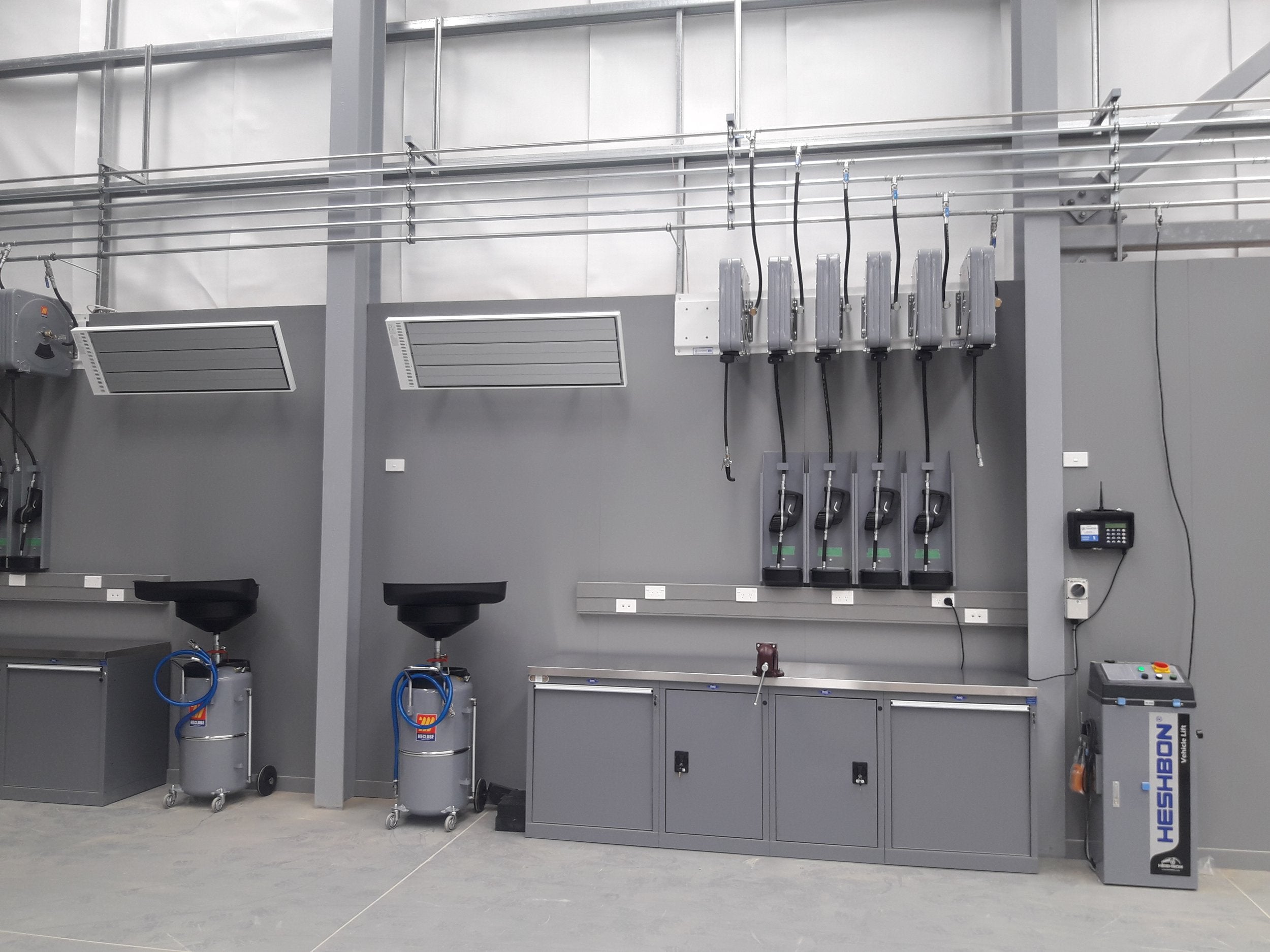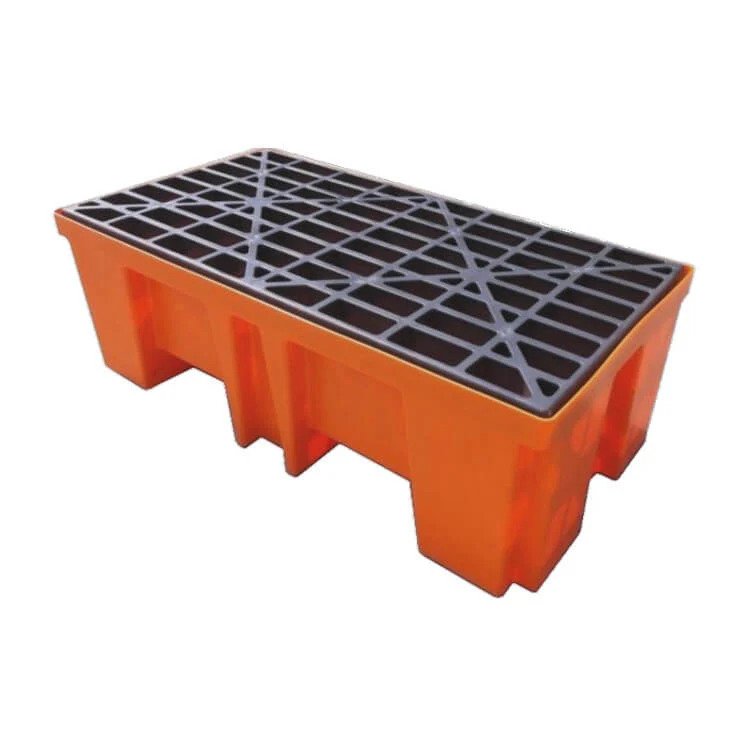Workshop Fluid Management Systems – Find Out What They Are, And How Professional Workshop Operators Are Reaping The Benefits Of These Dispensing Systems.
THE PROBLEM_ Anyone who has worked in a supervisor or management role in a mechanical workshop knows that manually keeping track of fluids such as oil and coolant is a constant challenge. From keeping track of inventory levels, to making sure that the staff on the floor are doing the paperwork to ensure fluids used are charged to the customer, verifying that the correct oil type has in fact been used, and then there is the ongoing administration side of entering the fluids used onto the job. These are just a few of the daily tasks required to keep things ticking over, and hopefully nobody drops the ball in the process ... Of course we are only human and mistakes do happen, which then needs to be resolved in one form or another which has a cost in time, energy, and ultimately money.
THE SOLUTION_ A Fluid Management System can resolve many of these issues. Commonly known in mechanical workshop applications as Oil Management Systems (due to the fact that oil is usually the fluid being controlled), these systems offer a host of benefits designed to make the workshop fluid dispensing, tracking, and billing operations more efficient and streamlined. Here’s how_
Some Of The Many Benefits Of A Workshop Fluid Management System_
CONTROL
Dispense points are locked while not in use, and can only be opened by a user after entering their personal PIN, and a job or fleet number. This data is recorded in the dispense report which is submitted after completion of the dispense. This removes the need for staff to manually record fluids dispensed on each job, and also reduces the likelihood of theft.
VISIBILITY
The dispense reports which are sent to the system software at the completion of each dispense include data such as date & time of dispense, fluid type, dispense point number, dispensed quantity, job or fleet number, and the person’s name. The dispense reports can be filtered by any of the above data. For example, office staff may need to view all the oils which were dispensed for a particular job, so entering the job number into the filter will bring up only the dispenses made for this job. Additionally, the levels in the tanks can be monitored within the system software, and alerts & automated emails can be triggered at re-order levels.
AUTOMATION
Full data integration to the site Dealer Management System is an additional feature which can be configured which provides real time job or fleet number validation, meaning that the dispense is only approved if the number is valid at the time of the dispense request. On completion of the dispense, the applicable data is written into the DMS against the applicable job or fleet number. This removes human input for a repetitive task which removes human error and obviously provides significant labour savings.
Other Ways An Oil Management System Contributes To Efficiency & Professionalism
These systems have many benefits which appeal to any workshop supervisor or manager, however for large workshop organisations a big additional plus is the fact that the dispense data is automatically recorded and kept, which is one of the requirements for companies who have implemented the Quality Management System ISO 9001.
The fluid management system provides automated record keeping, and also transparency of fluid dispensing operations in the workshop.
There have been cases where a mechanic has unknowingly dispensed the wrong oil into an engine or transmission, and the oil management system has allowed the supervisor to pick up on the error within minutes, thus avoiding damage to the vehicle and a potential customer relations nightmare. The potential for human error is vastly reduced through the whole process from the workshop floor to the customer’s bill, and if there is a discrepancy then the source of the issue can be quickly identified. A fluid management system not only removes the source of many problems due to human error, it also removes the labour input which was previously required to remedy the errors when they occurred.
A combination of automated record keeping, operational transparency, and automated DMS data entry for billing purposes are all rolled into one which contributes in a significant, behind the scenes way to providing the workshop’s customers with an efficient and professional experience, while at the same time increasing the company ROI.
Types Of Fluid Management Systems
Advance Fluid Control are the New Zealand agents for a number of Fluid Management Systems, and we have unrivalled experience in New Zealand in this field. We offer a variety of hard-wired systems such as the Orilink system from Sweden, as well as the most popular wireless system set-ups from Graco Pulse and Badger Meter.
Graco Pulse and Badger Meter are the industry leaders in wireless oil dispensing management for mechanical workshops. The systems control and manage the dispensing of oils, coolant, windshield fluid, and other fluids dispensed in the workshop. Providing precise control, and greater visibility and reporting on fluid dispensing operations in the workshop, these can also be integrated to the site DMS to reduce the need for human input, and possible error, in reporting and logging, providing obvious labour savings and efficiencies.
Most workshops in NZ have some drums which are on a mobile dispenser, and the Badger Meter Wireless System can cater for these as well as the fixed mounted dispense points.
The wireless systems are very quick to install with the on-site installation taking no more than a day for the majority of installations with minimal disruption to the workshop operation. There is no cutting into pipes to install valves and meters which are required with hard wired systems, and likewise there are no cables to run around the workshop.
Of course there are certain applications more suited to a hard wired system, and we evaluate the most suitable option based on the site layout and what the customer wants to achieve. Contact us for further information on workshop fluid management systems and the efficiencies they can offer your company.
Sound Interesting?
Think you can identify with some of the issues that an oil dispensing management system helps to solve? We would love to discuss your application and hear about your current challenges, then come up with a plan to resolve these for you.
To discuss this in person, please contact us on 0800 538 058, or send us an enquiry.
 is here! Shop now, pay later in 4 easy installments
is here! Shop now, pay later in 4 easy installments



